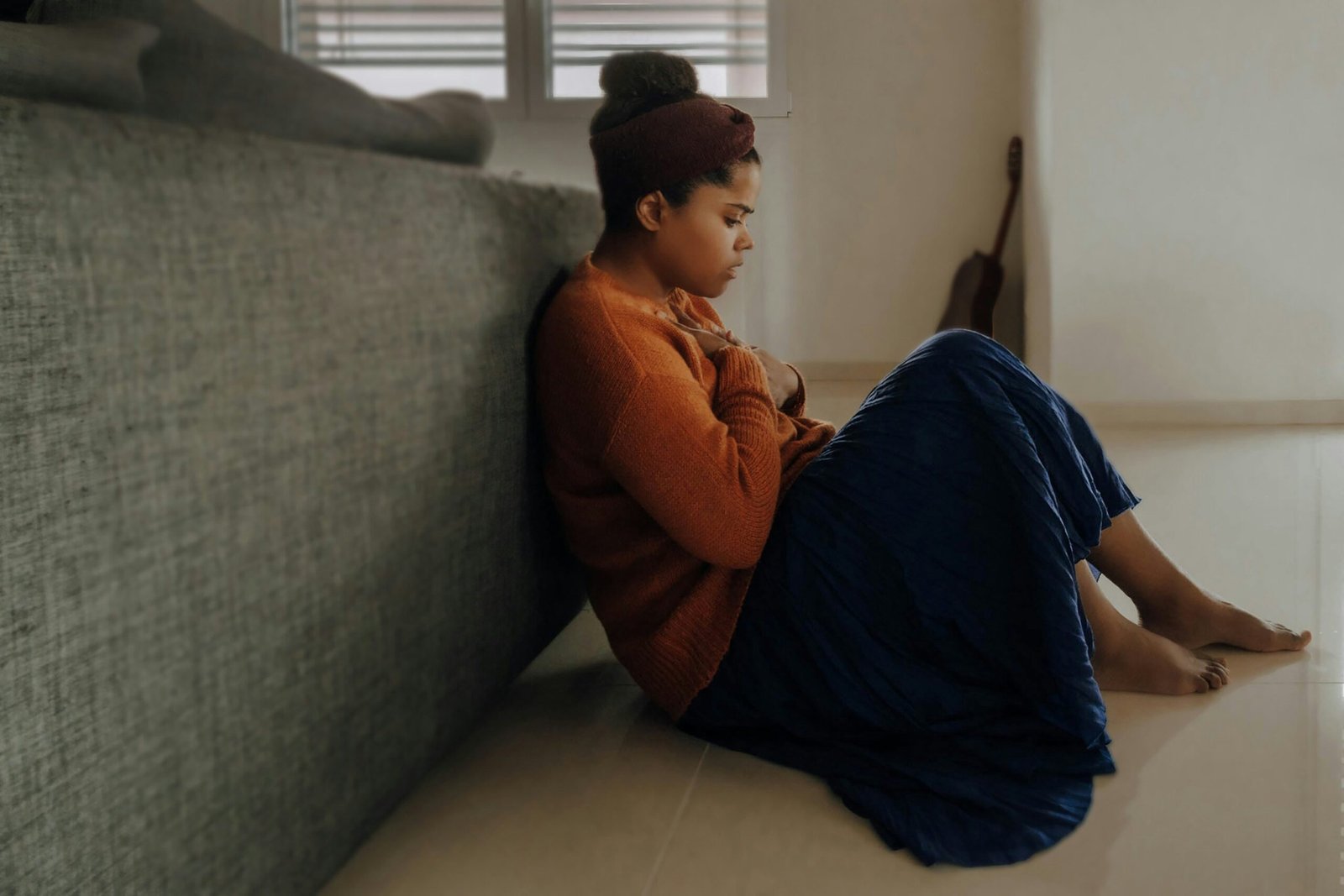Therapy can be an invaluable tool for young people aged 12 and above, helping them navigate the challenges and complexities of adolescence. However, it’s important to recognize that therapy for young people differs from that of adults. In this article, we will explore how therapy works for young people, why children require a different style of therapy, and the importance of understanding brain development in this age group.
The Unique Needs of Young People
Adolescence is a period of rapid growth and change, both physically and emotionally. Young people often face a multitude of challenges, such as academic pressure, peer relationships, identity formation, and managing emotions. These challenges can be overwhelming and impact their mental well-being.
Unlike adults, young people may not have fully developed coping mechanisms or the ability to articulate their thoughts and emotions effectively. This is where therapy plays a crucial role. It provides a safe and supportive environment for young people to explore their feelings, develop coping skills, and gain a better understanding of themselves.
Understanding Brain Development
To comprehend why young people require a different style of therapy, it’s essential to understand how the adolescent brain develops. The brain undergoes significant changes during this period, particularly in the prefrontal cortex, responsible for decision-making, impulse control, and emotional regulation.
These changes can result in heightened emotional reactivity and impulsivity, making it challenging for young people to regulate their emotions effectively. Therapy tailored to their developmental stage takes into account these specific challenges and helps young people build the necessary skills to navigate through this critical phase of their lives.
Styles of Therapy for Young People
There are various therapeutic approaches that can be effective for young people, depending on their unique needs and circumstances. Two commonly used styles of therapy for young people are Cognitive Behavioral Therapy (CBT) and psychotherapy.
Cognitive Behavioral Therapy (CBT): CBT focuses on identifying and challenging negative thought patterns and behaviors. It helps young people develop healthier coping strategies and build resilience. CBT equips them with practical tools to manage anxiety, depression, and other mental health concerns.
Psychotherapy: Psychotherapy provides a safe space for young people to explore their thoughts, emotions, and experiences. It helps them gain insight into their feelings, improve self-esteem, and develop healthier relationships. Psychotherapy may involve talk therapy, art therapy, or play therapy, depending on the individual’s preferences and needs.
The Importance of Trust and Rapport
Establishing trust and rapport between the young person and the therapist is crucial for the success of therapy. Adolescents may initially be hesitant or resistant to therapy, feeling misunderstood or judged. It is the therapist’s role to create a non-judgmental and empathetic environment where the young person feels safe to express themselves.
Building trust takes time, and therapists skilled in working with young people understand the importance of patience and consistency. By fostering a trusting relationship, therapists can better support young people in their journey towards healing and growth.
The Length of Therapy
The length of therapy for young people can vary depending on their needs and goals. Some young people may benefit from short-term therapy to address specific concerns, while others may require longer-term therapy for more complex issues.
It’s important for parents and caregivers to understand that therapy is not a quick fix, but rather a process that takes time. Progress may be gradual, and setbacks are not uncommon. Consistency and ongoing support from the therapist, as well as a supportive home life, can greatly contribute to the young person’s overall well-being.
Can Therapy Help Young People?
A resounding yes! Therapy can be immensely beneficial for young people, providing them with the tools and support they need to navigate the challenges of adolescence. It can help them develop healthy coping mechanisms, improve self-esteem, and enhance their overall emotional well-being.
However, it’s important to remember that therapy is not a one-size-fits-all solution. Each young person is unique, and finding the right therapist and approach may require some exploration. Parents and caregivers play a vital role in supporting their child’s therapy journey by actively participating, communicating openly, and creating a nurturing home environment.
In conclusion, therapy for young people is designed to address their unique needs and challenges. By understanding brain development, utilising appropriate therapeutic approaches, and fostering trust and rapport, therapy can be a transformative experience for young people, helping them navigate the complexities of adolescence and build a solid foundation for their future well-being.










